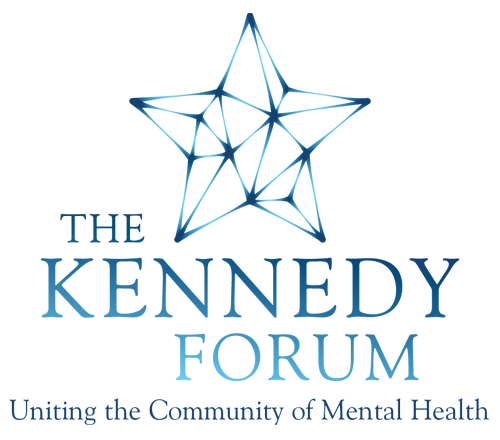
In 1996, then-First Lady Hillary Rodham Clinton elevated the saying, “It takes a village,” in talking about the various outside influences of caring for and raising children. All politics aside, the impact of thousands of communities in treating patients with mental illnesses cannot be overstated – everyone has a role to play and how we go about addressing these illnesses will have far-reaching societal implications. This was the primary focus of a morning panel discussion at today’s Kennedy Forum in Boston.
Collaboration doesn’t exist without education. Panel Moderator Chelsea Clinton led today’s discussion, stressing the need for increased mental health education in all states across the U.S., especially for youth. Serious mental illness costs America $193.2 billion every year, and the total direct and indirect cost associated with depression, one of the most common mental illnesses, exceeds $83 billion annually.
Panelist Elaine Abelaye-Mateo of Everyday Impact Consulting echoed Clinton’s call for both increased education and collaboration to address mental health, sharing her personal experiences of bringing community members to the table and taking local resources to roll out innovative action plans. The use of technology has helped shape the community approach to mental health support and advocacy.
“Community for us is not defined by geography,” said Paul Reickhoff of the Iraq and Afghanistan Veterans of America, who stressed the importance of technology to keep our young veterans together. Iraq and Afghanistan veterans, who average 28 years old, are a resource of hope and connection for their peers. For America’s veterans, depression and other mental illnesses are all too real, as Reickhoff noted that 22 Iraq and Afghanistan veterans are lost to suicide every day.
Ashbel Wall of the Rhode Island Department of Corrections stressed the importance of collaboration to address mental health, outside of prison walls. “We have a community mental health system in Rhode Island and contractual relations with every community mental health center in the state,” said Wall. While community approaches to mental health are key, panelist Steven Sharfstein of Sheppard Pratt Health System highlighted that community support programs should be designed to energize state governments to provide more mental health resources in local communities. Federal leadership is an essential aspect for where we need to go in the future to provide services to local communities.
As was reinforced at today’s event, every community is a direct stakeholder in the national mental health discussion. The more we work together and share ideas, resources and effective/ineffective strategies, the greater the likelihood that we will help patients and their families gain access to the care that they need. Once this happens, the community as a whole only stands to benefit.
Be sure to share your thoughts on collaborative approaches to mental health care and follow us on Twitter as we cover the Kennedy Forum live.









Connect With Us